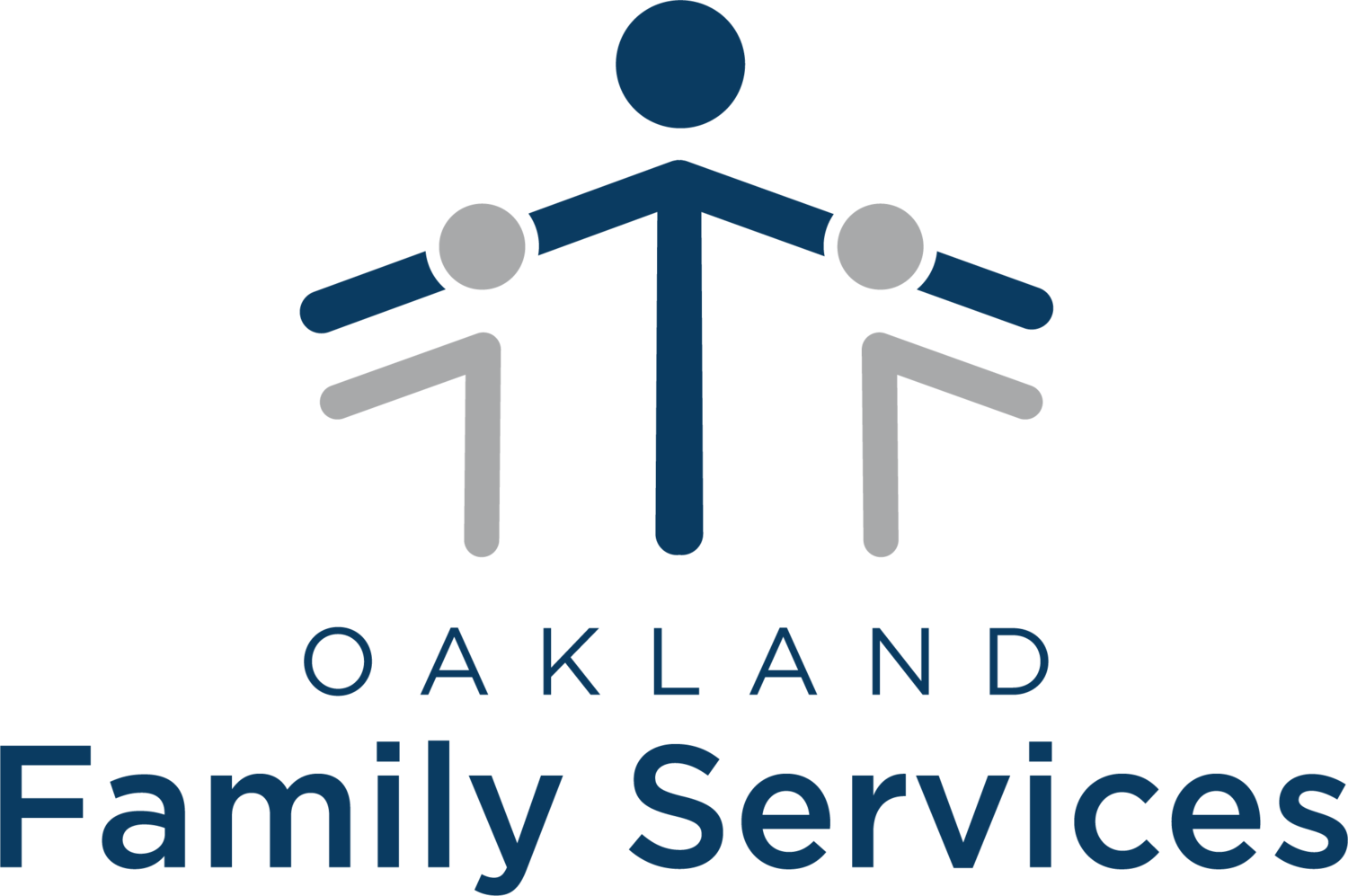Man reaches out to Day One to prevent relapse after prescription meds led to heroin use
What started out as a high school football injury lead Phillip to a lifelong battle with opioid and drug addiction.
The Oakland County man was only 14 years old when he slipped during warm up drills before a football game and broke his back. To deal with the pain, his doctor prescribed Vicodin and eventually OxyContin, two of the most commonly abused prescription painkillers.
By the time he was 18 years old, Phillip was taking more pills than prescribed and getting them any way he could – whether it was trading pills with other patients he found in the waiting room at the doctor’s office, buying them from drug dealers, or going to urgent care to get a prescription from a different doctor.
Phillip went from taking 60 Vicodin and 30 OxyContin monthly to 90 Vicodin and 60 OxyContin every month. He also lied about having trouble sleeping and received a prescription to take 30 Valium monthly.
“I’ve been to AA groups, but it’s easier to talk at Day One. You are not afraid to share your story in group here.”
“It was crazy what you could get from doctors back then,” he recalled. “I could go to urgent care and get 60 pills back in 2004. It was before there was a crackdown on that kind of stuff.”
From 1998-2007, Phillip was taking prescription opioids every day. After going to college for one year, he began working full time at a warehouse, a job he kept for six years.
“The pills made me feel more normal,” he explained. “I felt like I could handle anything. I was a socially awkward person and that took it away. I convinced myself the back pain was really bad, and I had to have the pills.”
In 2007, his doctor refused to issue any more refills. Phillip then chose a cheaper and potentially more deadly alternative – heroin.
Phillip eventually got arrested for possession in 2009 and received probation. He tried to stay sober but he lived in a toxic environment where people were using drugs. In less than a year, Phillip was using heroin again. He got engaged to a woman who also struggled with drug use but ended that relationship when he decided he wanted to get sober.
Phillip then took a hard look at his life. He realized he wasn’t able to keep a job because he was either coming in late, getting high at work, or arriving half asleep. He also lost good friends from his choice to use drugs.
Phillip decided he had enough. He moved back home with his parents and began an outpatient program at a methadone clinic, which helped him stay sober for more than 3 years. When he relapsed, Phillip began taking Suboxone, a medicine used to treat adults who are dependent on opioids, and has been sober since November 2018.
Phillip feared he may relapse again and in February 2019 began therapy at Day One.
“With therapy, you get to communicate with someone while it’s fresh in your mind, and it helps take some of the load off you,” Phillip said. “At Day One, they do not judge you. They are not uptight, and not feeling judged is a big thing for me.”
Phillip also likes the atmosphere at Day One.
“I’ve been to AA groups, but it’s easier to talk at Day One,” he said. “You are not afraid to share your story in group here.”
Kellie Smith-Tate, behavioral health clinician at Day One, said therapy and group sessions have helped Phillip stay sober and focused on his future.
"I've had the pleasure of working with Phillip over the past few months,” she said. “Phillip has been very focused and has made great strides in achieving his goals. It's been very rewarding to be a part of his journey and observe his progress toward recovery."
You can help provide hope and healing to our clients by making a donation. Day One, a program of Oakland Family Services, provides mental health and substance use disorder treatment for more than 2,300 people every year.
If you or someone you know is struggling with a mental health issue, contact Day One.

